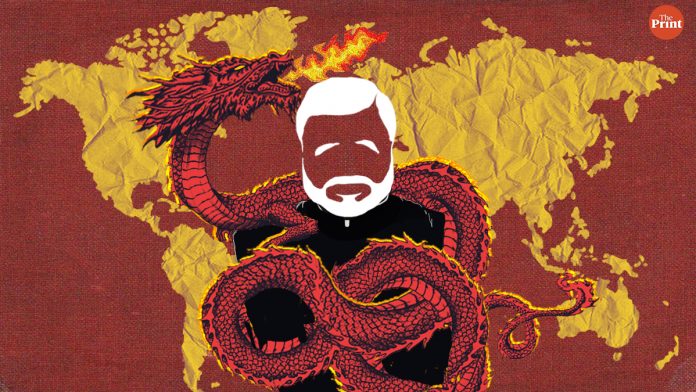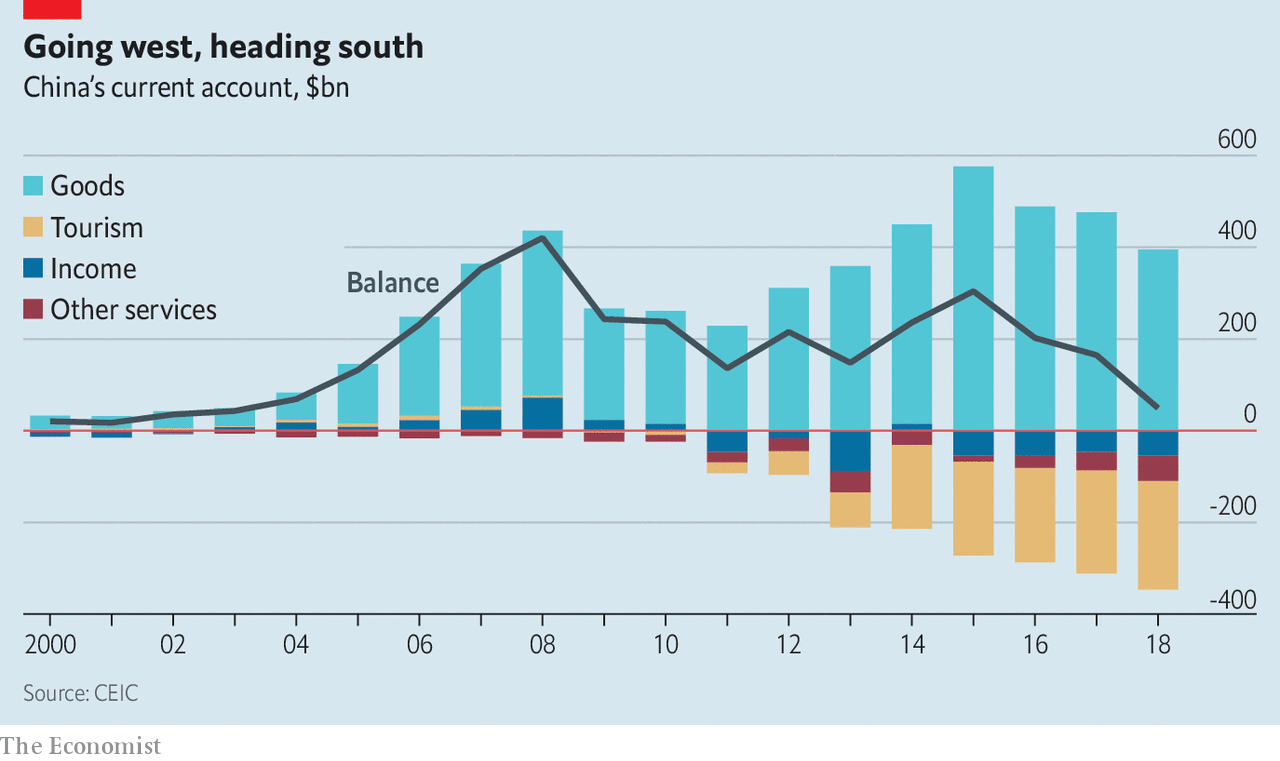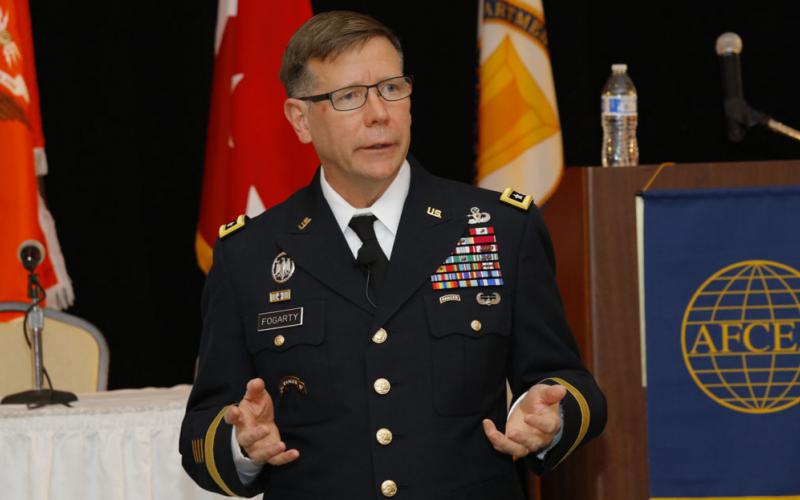 Paul Krugman, the American economist who won a Nobel Prize in 2008, has warned that India could end up with huge mass unemployment if it does not grow its manufacturing sector.
Paul Krugman, the American economist who won a Nobel Prize in 2008, has warned that India could end up with huge mass unemployment if it does not grow its manufacturing sector.
"There is this concept called artificial intelligence that you should be wary of. In future, while diagnosis may be outsourced to a doctor in India, it could also go to a firm based on artificial intelligence. Things like this could be a cause for worry for Indian services sector," Krugman said while speaking at a News 18 event.
"Japan is no longer a superpower because its working-age population declined, and China is looking the same. In Asia, India could take the lead but only if it also develops its manufacturing sector, not only the services one,” he said.
“India’s lack in the manufacturing sector could work against it, as it doesn't have the jobs essential to sustain the projected growth in demography. You have to find jobs for people,” he said.
















